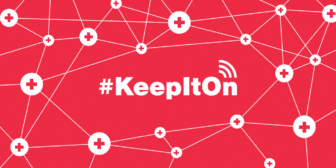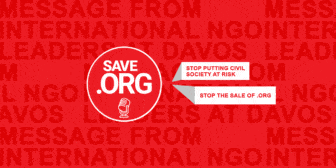Tag: Digital rights

#KeepIton: Lettre Jointe pour garder l’internet libre et sécurisé pendant les élections présidentielles dans la République de Burundi
Lettre Jointe pour garder l’internet libre et sécurisé pendant les élections présidentielles dans la République de Burundi.

Consumer Groups Call For Immediate Lifeline Expansion

Digital Security Assistance

Facing the Challenge of an Evolving Digital Civil Space

Are Contact-Tracing Apps the Answer? Lessons the US Can Learn From Other Countries

Platforms hear disturbing facts from ‘Bois Locker Room’

Access Now releases “Expanding connectivity to fight COVID-19: recommendations for governments and telcos”
Our recommendations are aimed at keeping people connected during COVID-19 and expanding connectivity globally, drawing lessons from the experiences of users at risk around the world.

Press Briefing: Hear from civil society on the state of .ORG, why the sale is so dangerous, and what happens next
At 12pm ET on Thursday, 30 April, Access Now and partners from EFF, NTEN, and Human Rights Watch will discuss the ongoing proposal for private equity firm Ethos Capital to buy the registry managing .ORG — civil society’s home online — from the nonprofit Internet Society (ISOC).

Access Now, Human Rights Watch and other rights’ groups ask for 4G restoration in J&K
